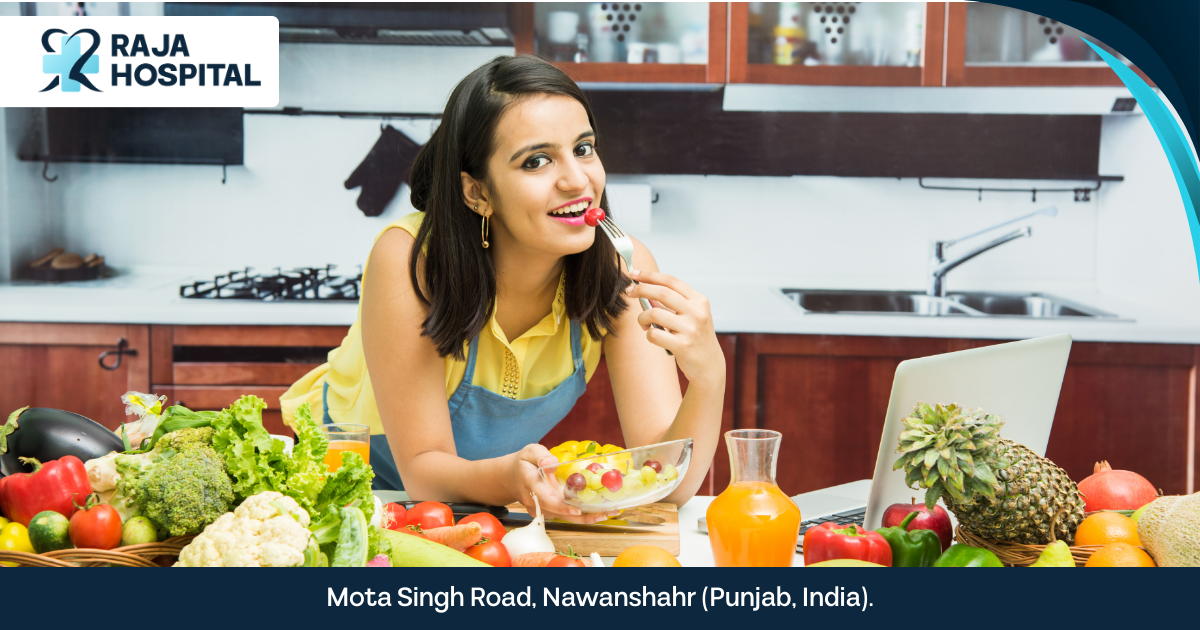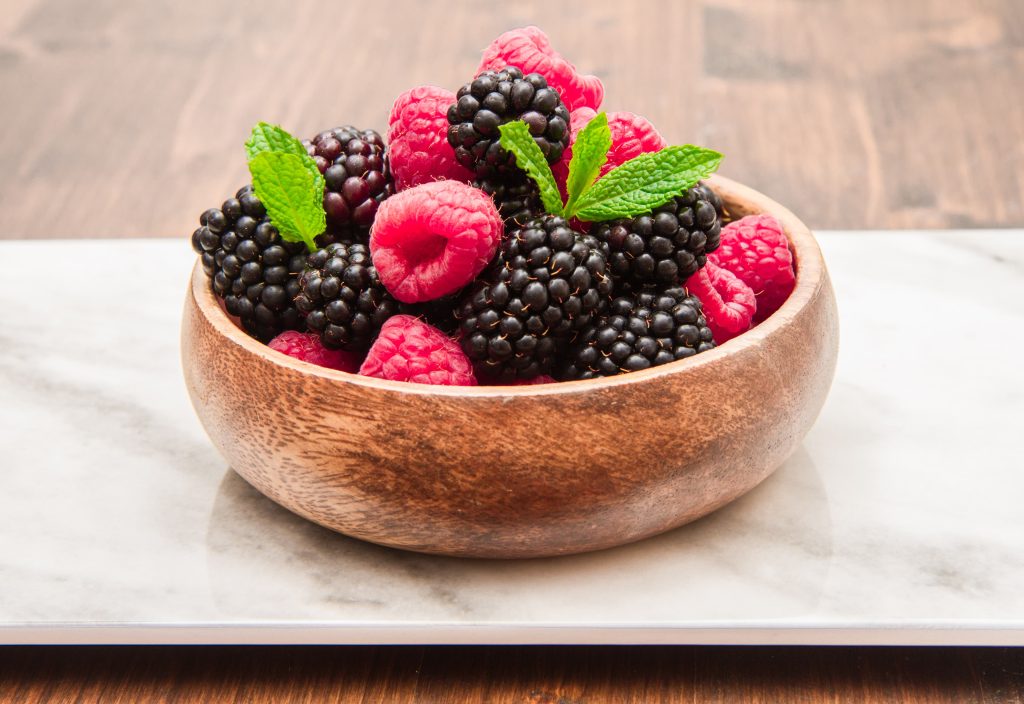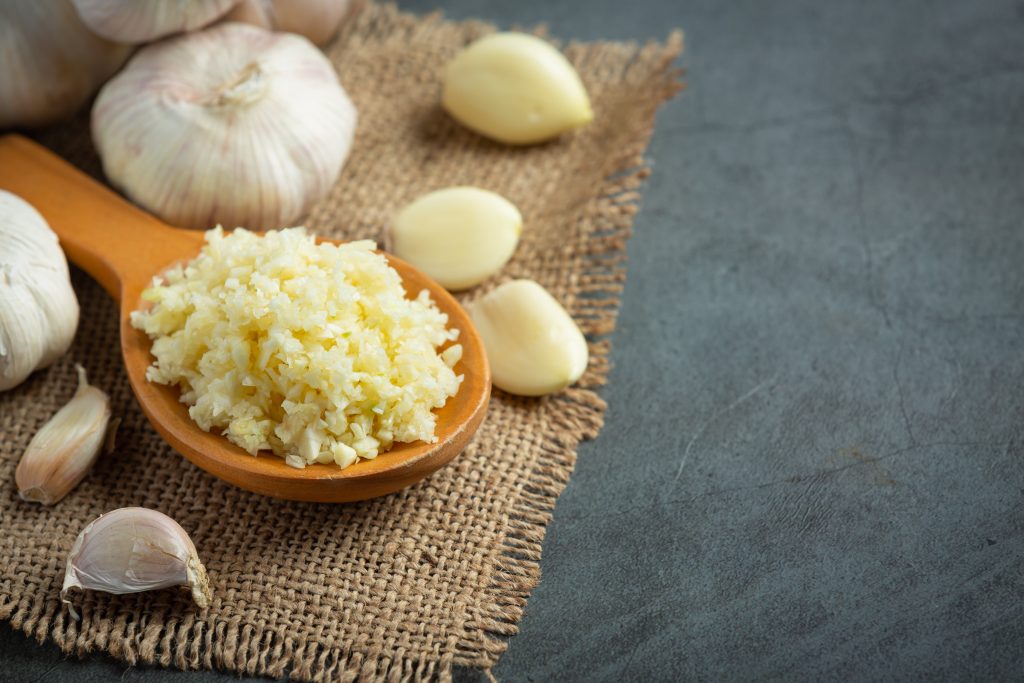Heart-Healthy Diet: 10 Superfoods to Strengthen Your Heart!

REVIEWED BY DR. Raghav Vishesh Lumb (MD Medicine | DM Cardiology) on 7th February 2025.
What if I told you that your next meal could either protect your heart or put it at risk? Yep, it’s that serious.
Your heart is the hardest-working muscle in your body—pumping life through your veins 24/7. But here’s the problem—Yet, most of us don’t think about heart health until something goes wrong. It’s like ignoring the “check engine” light in your car until it breaks down on the side of the road.
Here’s the thing: heart disease is one of the leading causes of death worldwide. The good news? You have more control than you might think. The food you eat every day plays a massive role in either strengthening or weakening your heart.
So, if you’re ready to make choices that your heart will thank you for, let’s dive into the 10 superfoods that can help you live a longer, healthier life.
Why Food Matters for Your Heart

Think of your heart as an engine. It needs the right fuel to run efficiently. If you pour in the wrong fuel—like processed junk, trans fats, and sugary snacks—it clogs up, slows down, and eventually breaks down.
On the flip side, feeding your heart the right nutrients can do wonders. A heart-healthy diet helps:
- Lower bad cholesterol (LDL)
- Reduce inflammation
- Control blood pressure
- Maintain healthy arteries
- Reduce the risk of heart attacks and strokes
Simply put, the right foods can clear the “gunk” from your arteries, keep your blood flowing smoothly, and help your heart keep up with its never-ending job.
10 Best Foods for a Healthy Heart
Some of those foods are in their own league for some reason in terms of a healthy heart. They carry nutrients that essentially make medications unnecessary for the heart. Here are the top 10 foods your heart will adore.
1. Fatty Fish (Salmon, Mackerel, Sardines)

Salmon, mackerel, and sardines are oily fish full of omega-3 fatty acids- think of them as liquid gold in your heart. Omega-3 fatty acids may;
- Help to lower bad cholesterol (low-density lipoprotein)
- Help to raise the good cholesterol (high-density lipoprotein)
- Aid in the reduction of inflammation
- Reduce the risk of heart attacks and arrhythmias (irregular heartbeats)
Tip: Try to eat them at least two times a week. Grill, bake, or steam fatty fish—this way is healthy. Sprinkle some lemon juice just before serving for that little extra zing to satisfy your palate without actually filling in any calories.
2. Leafy Green Vegetables (Spinach, Kale, Broccoli)

Leafy greens contain an abundance of vitamins, minerals, and antioxidants, particularly vitamin K, which helps protect your arteries and improves blood flow.
What it’s good for: Very rich in nitrates that are responsible for lowering blood pressure and decreasing arterial stiffness.
Tip: Throw them into smoothies, toss them into salads, or sauté with olive oil for a quick healthy side dish.
3. Nuts and Seeds (Almonds, Walnuts, Chia Seeds, Flaxseeds)

These little powerhouses are rich in:
- Healthy fats (especially omega-3s in walnuts)
- Fiber
- Antioxidants
- They help lower bad cholesterol, reduce inflammation, and keep your blood vessels healthy.
Tip: Grab a handful of almonds or walnuts as a snack. Sprinkle chia or flaxseeds on yogurt, oatmeal, or salads for a crunchy, nutrient-packed boost.
4. Berries, Blueberries, Raspberries, Blackberries

Berries: sweet and delicious. Packed with:
- Antioxidants: Helps reduce oxidative and damage caused by heart disease.
- Fiber: Supports healthy levels of cholesterol.
- Polyphenols: Improves the function of blood vessels.
Tip: Toss some berries into your cereal in the morning, blend into smoothies, or have fresh as an afternoon snack. Satisfies your sweet tooth without causing skyrocketing blood sugar.
5. Whole Grains, Oats, & Brown Rice

Whole grains are actually the grains that remain whole, keeping all their nutrients and fiber intact. They do:
- Lower the risk of LDL cholesterol.
- Guarantee good digestion.
- Help keep weight at bay (reduce heart disease risk).
Tip: Swap out white rice, white bread, and refined pasta for quinoa, brown rice, or whole-grain bread. A bowl of warm oatmeal topped with fruit and oats to start the day.
6. Avocados

Mix well avocados, creamy and just eat them, loaded with
- Monounsaturated fats: Lower the level of bad cholesterol and boost good cholesterol.
- Potassium: Regulates blood pressure.
Tip: Spread on whole-grain toast, toss in salads, or make smoothies in place of cellophane for a creamy texture. Just remember also, that avocados are filling, so about half an avocado is enough for a serving.
7. Dark Chocolate (70% Plus Cocoa)

Yes, we mean it. Chocolate is heart-healthy! Before rushing to grab your candy bar, note that such has to do with dark chocolate at least 70% cocoa. Dark chocolate is known to be seized with
- Flavonoids: Reduce inflammation and increase blood flow.
- Antioxidants: Reduce blood pressure and decrease the risk of arteriosclerosis.
Tip: Allow yourself 1 small piece (roughly an ounce) 2 to 3 times a week. Steer clear of varieties loaded with sugar, milk, and trans and saturated fats.
8. Olive Oil

Olive oil is a staple in the Mediterranean diet, one of the healthiest diets in the world. It’s full of:
- Monounsaturated Fats: Lower bad cholesterol.
- Antioxidants: Improve heart health and reduce inflammation.
Tip: Use extra virgin olive oil on salads, as a dressing on roasted vegetables, or as a dip for whole-grain bread. Opt for cold-pressed varieties to maximize nutrient content.
9. Beans and Legumes (Lentils, Chickpeas, Black Beans)

Beans are so cheap, versatile, and chock-full of good stuff:
- Fiber (great for lowering cholesterol)
- Plant-based protein (often healthier than red meat)
- Magnesium (helps keep blood pressure stable)
Tip: Stir lentils into soups, toss chickpeas into salads, or prepare some humble hummus. They’re filling, nutritious, and heart-friendly.
10. Garlic

Garlic adds flavor to your dishes, but when it comes to heart health, garlic is a superstar. The compound allicin helps garlic to:
- Lower blood pressure
- Lower cholesterol
- Improve circulation
Tip: Try to use fresh garlic whenever possible to heal to great effect. Add to stir-fries, soups, or roasted vegetables for a lovely kick.
What to Avoid: Foods That Harm Your Heart

While promoting heart-healthy foods is important, equally important is knowing what to avoid. A few of the biggest culprits that put your heart at risk include:
- Trans Fats and Processed Foods: In packaged snacks, fried foods, and baked goods. Raises bad cholesterol while lowering good cholesterol.
- Sweetened Drinks: Sodas, energy drinks, and fruit juices can elevate blood sugar, which can lead to obesity, diabetes, and heart disease.
- Excess Salt: Increased levels of sodium can increase blood pressure, which increases the chances of heart attack and stroke.
- Red and Processed Meats: High in saturated fats and implicated in heart disease; use lean protein sources instead, such as fish, chicken, or plant sources.
Simple Lifestyle Changes for a Stronger Heart

Good heart health does not only depend on food but on different alterations in one lifestyle:
- Become Physically Active: Aim for 30 minutes of moderate exercise nearly every day-walking briskly counts, as do cycling and even dancing.
- Quit Smoking: It is the one major risk factor for heart disease. Once you stop, your heart will begin to recover.
- Manage Your Stress Levels: Chronic stress can raise your blood pressure. Use mindfulness, meditation, or some deep breathing exercises to relieve tension.
- Get the Proper Hours of Sleep: You should get 7-8 hours of high-quality sleep every night. Poor sleep heightens the risk of being hypertense or getting heart disease.
- H2O Is Necessary: Water will help the heart pump blood more efficiently.
FAQs
1. Can I eat eggs if I have high cholesterol?
Yes, in moderation. Eggs are nutritious and can be part of a heart-healthy diet. Focus on limiting saturated fats overall rather than just eggs.
2. Is coffee good or bad for heart health?
Moderate coffee intake (1-3 cups a day) may be beneficial due to antioxidants. However, avoid excessive sugar and cream.
3. How can I lower my cholesterol naturally?
Eat more fiber-rich foods, exercise regularly, maintain a healthy weight, and reduce trans fats and processed foods.
Conclusion
Your heart beats around 100,000 times a day—that’s over 35 million beats a year. Doesn’t it deserve the best care?
By incorporating these heart-healthy superfoods into your diet, avoiding harmful foods, and making simple lifestyle changes, you can protect your heart for years to come.
How about getting personalized advice according to the needs of your heart? Consult a dietitian at Raja Hospital. Your heart deserves some professional help, and they can guide you toward a healthier, stronger you.
